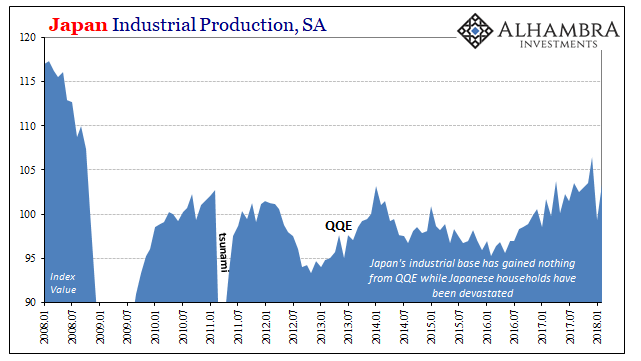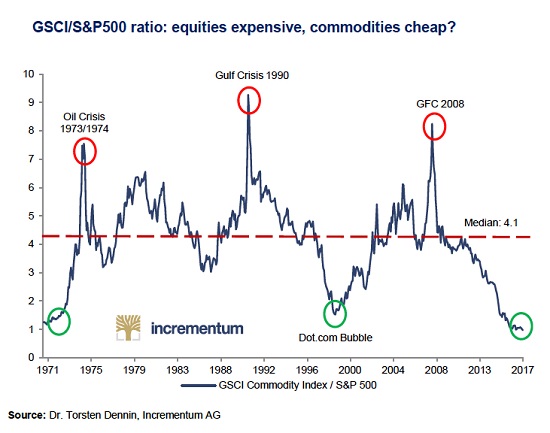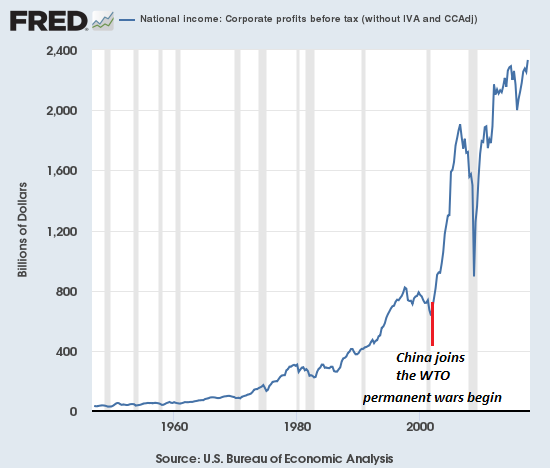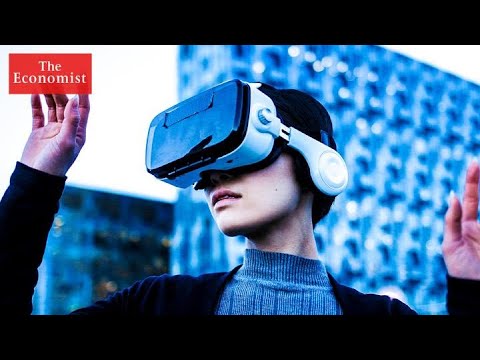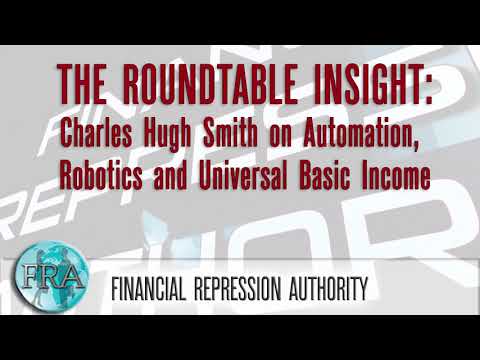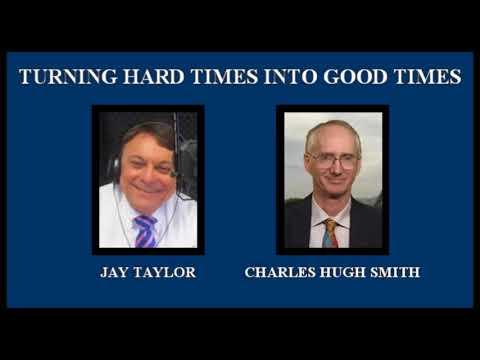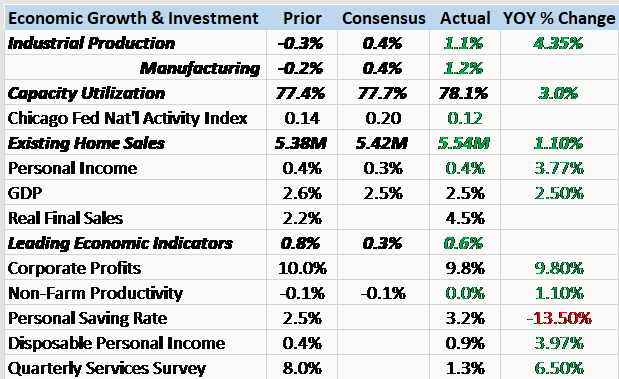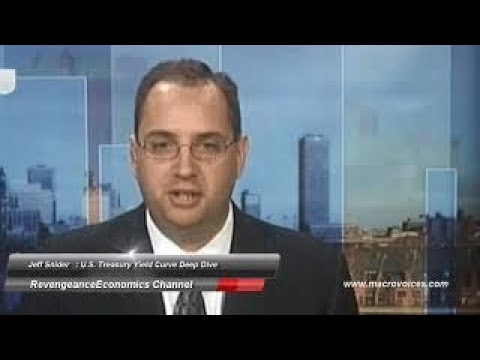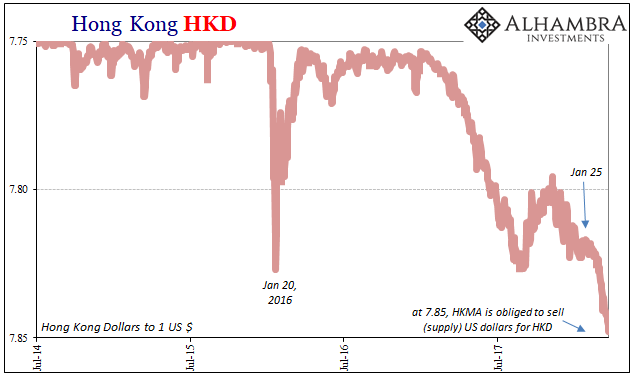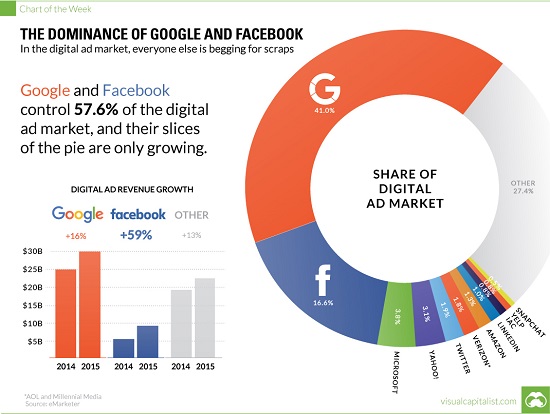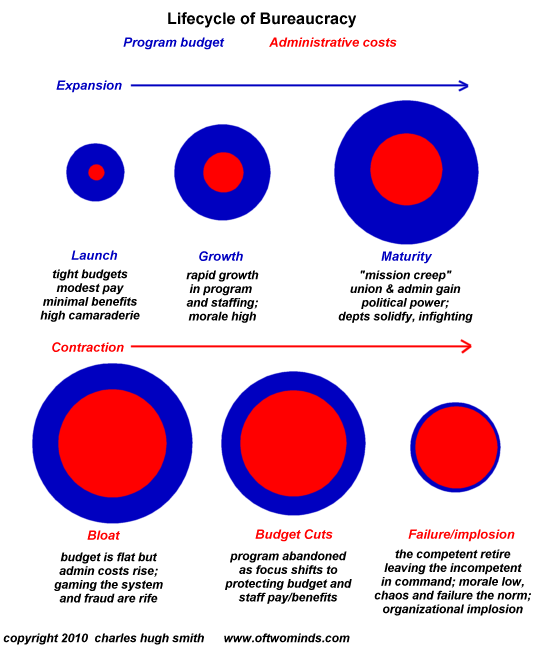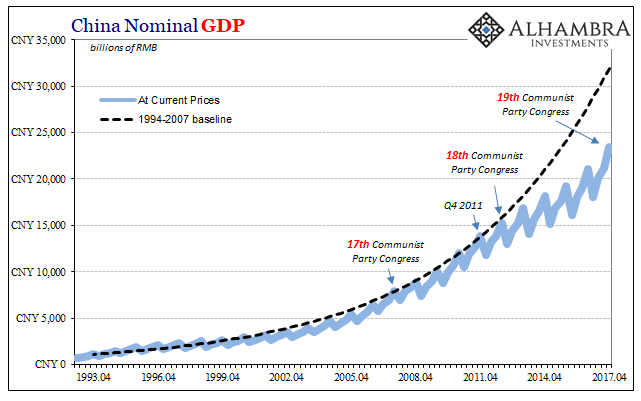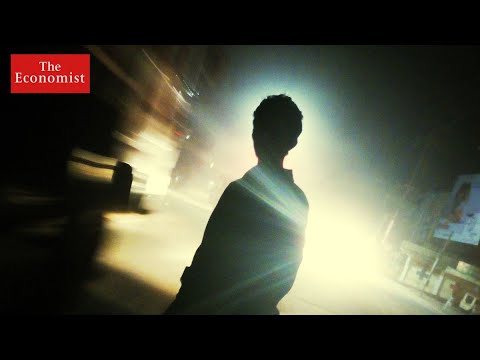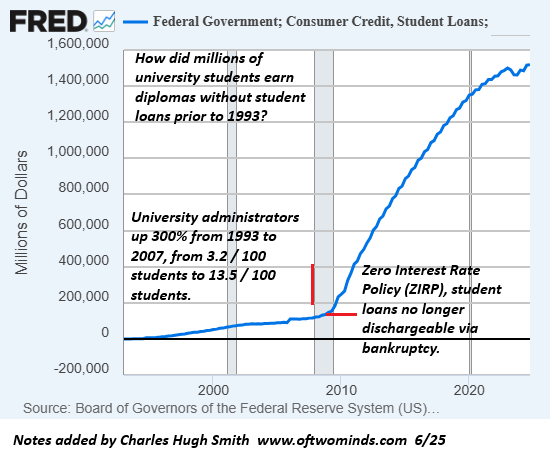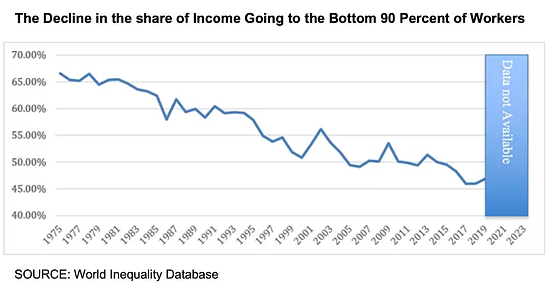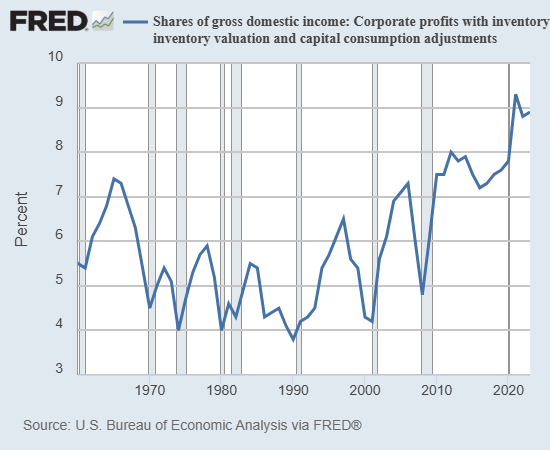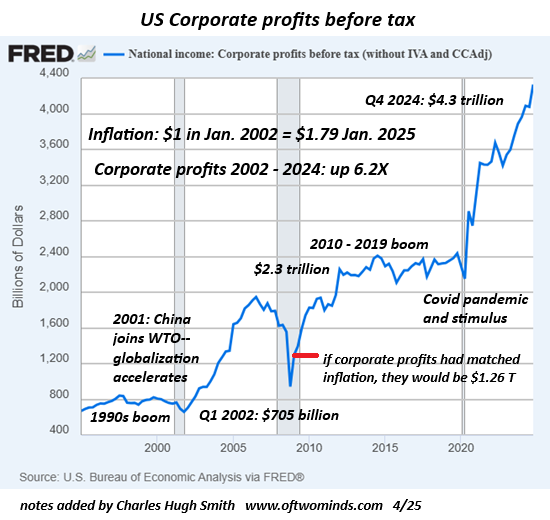Category Archive: 5) Global Macro

The Best ‘Reflation’ Indicator May Be Japanese
Japanese industrial production dropped sharply in January 2018, Japan’s Ministry of Economy, Trade, and Industry reported last month. Seasonally-adjusted, the IP index fell 6.8% month-over-month from December 2017. Since the country has very little mining sector to speak of, and Japan’s IP doesn’t include utility output, this was entirely manufacturing in nature (99.79% of the IP index is derived from the manufacturing sector).
Read More »
Read More »
The rise of the refugee startup | The Economist
Refugee camps are unlikely hotbeds of untapped entrepreneurial talent. The UN estimates that there are 3,000 businesses inside the Zaatari camp in Jordan, generating $13m per month, even though refugees there are not in theory allowed to start their own businesses. Click here to subscribe to The Economist on YouTube: http://econ.st/2H6fSfw Daily Watch: mind-stretching short …
Read More »
Read More »
The Problem with a State-Cartel Economy: Prices Rise, Wages Don’t
The vise will tighten until something breaks. It could be the currency, it could be the political status quo, it could be the credit/debt system--or all three. The problem with an economy dominated by state-enforced cartels and quasi-monopolies is that prices rise (since cartels can push higher costs onto the consumer) but wages don't (since cartels can either dominate local labor markets or engage in global wage arbitrage: offshore jobs, move to...
Read More »
Read More »
Emerging Markets: Preview of the Week Ahead
EM FX was mostly stronger last week, despite the dollar’s firm tone against the majors. Best EM performers on the week were MXN, KRW, and COP while the worst were ZAR, INR, and PEN. US jobs data poses the biggest risk to EM this week, as US yields have been falling ahead of the data. Indeed, the current US 10-year yield of 2.74% is the lowest since February 6.
Read More »
Read More »
What If All the Cheap Stuff Goes Away?
Nothing stays the same in dynamic systems, and it's inevitable that the current glut of low costs / cheap stuff will give way to scarcities that cannot be filled at current low prices. One of the books I just finished reading is The Fate of Rome: Climate, Disease, and the End of an Empire.
Read More »
Read More »
15 Years of War: To Whose Benefit?
As for Iraq, the implicit gain was supposed to be access to Iraqi oil. Setting aside the 12 years of "no fly zone" air combat operations above Iraq from 1991 to 2003, the U.S. has been at war for almost 17 years in Afghanistan and 15 years in Iraq. (If the word "war" is too upsetting, then substitute "continuing combat operations".)
Read More »
Read More »
How does science fiction influence the real world? | The Economist
Steven Spielberg’s new film “Ready Player One” imagines a future where people live much of their lives in virtual reality. Do science fiction’s predictions of the future ever come true? Yes. And it’s no surprise, given that the tech industry is led by sci-fi fans turning their visions into reality. If you’re watching this on …
Read More »
Read More »
Charles Hugh Smith on Automation, Robotics and Universal Basic Income
Click here for the full transcript: http://financialrepressionauthority.com/2018/03/28/the-roundtable-insight-charles-hugh-smith-on-automation-robotics-and-universal-basic-income/
Read More »
Read More »
Charles Hugh Smith-No “Free Trade”-Only Darwinian Game of Trade
Charles Hugh Smith, author of OfTwoMinds.com, explains what he means by stating, No “Free Trade”- Only Darwinian Game of Trade.
Read More »
Read More »
Bi-Weekly Economic Review: Embrace The Uncertainty
There’s something happening here What it is ain’t exactly clear There’s a man with a gun over there Telling me I got to beware I think it’s time we stop, children, what’s that sound Everybody look what’s going down There’s battle lines being drawn Nobody’s right if everybody’s wrong Young people speaking their minds Getting so much resistance from behind It’s time we stop, hey, what’s that sound Everybody look what’s going...
Read More »
Read More »
Is male fertility in crisis? | The Economist
Sperm counts have fallen by more than 50% in the past four decades. To understand what’s going wrong, we need to stop seeing fertility as a woman’s problem Click here to subscribe to The Economist on YouTube: http://econ.st/2GcJHhr Daily Watch: mind-stretching short films throughout the working week. For more from Economist Films visit: http://econ.st/2GcButA Check …
Read More »
Read More »
Decrypting the Appointment of John Bolton
So perhaps the dominant wing of the Deep State is finally willing to cut a deal with Trump. To many observers, the appointment of John Bolton as national security advisor is the functional equivalent of appointing the Anti-Christ--or maybe worse. Indeed, these observers would, when comparing the two, find grudging favor with the Anti-Christ.
Read More »
Read More »
Jeff Snider // US Treasury Yield Curve Deep Dive
Jeffrey Snider, Erik Townsend and Patrick Ceresna welcome Jeffrey Snider to MacroVoices. Erik and Jeff discuss: — What does the yield curve tell us? — US Treasury Curve — Changes from an. Erik Townsend welcomes Jonathan Tepper to MacroVoices. Erik and Jonathan discuss the excess liquidity generated by central bank policy and the impact to …
Read More »
Read More »
Just A Few More Pips
On Page 1, Chapter 1 of the Central Banker Crisis Handbook it states very clearly, “do not make it worse.” It’s something like the Hippocratic oath where monetary authorities must first assess what their actions might do to an already fragile system. It’s why they take great pains to try and maintain composure, appearing calm and orderly while conflagration rages all around. The last thing you want to do is confirm the run.
Read More »
Read More »
Should Facebook and Google Pay Users When They Sell Data Collected from Users?
Let's imagine a model in which the marketers of data distribute some of their immense profits to the users who created and thus "own" the data being sold for a premium. It's not exactly news that Facebook, Google and other "free" services reap billions of dollars in profits by selling data mined/collected from their millions of users. As we know, If you're not paying for it, you're not the customer; you're the product being sold, also phrased as if...
Read More »
Read More »
Why do we swear? | The Economist
Swear words are an important part of all languages. In English, words like “shit”, “cock” and “bastard” can be used as a curse or an insult and, let’s face it, saying them can feel good. Scientists believe swearing has a special place in our brains. *This film contains strong language. Obviously*. Click here to subscribe …
Read More »
Read More »
Solutions Only Arise Outside the Status Quo
Solutions are only possible outside these ossified, self-serving centralized hierarchies. Correspondent Dan F. asked me to reprint some posts on solutions to the systemic problems I've outlined for years, most recently in How Much Longer Can We Get Away With It? and Checking In on the Four Intersecting Cycles. I appreciate the request, because it's all too easy to dwell on what's broken rather than on the difficult task of fixing what's broken.
Read More »
Read More »
Is Profit-Maximizing Data-Mining Undermining Democracy?
As many of you know, oftwominds.com was falsely labeled propaganda by the propaganda operation known as ProporNot back in 2016. The Washington Post saw fit to promote ProporNot's propaganda operation because it aligned with the newspaper's view that any site that wasn't pro-status quo was propaganda; the possibility of reasoned dissent has vanished into a void of warring accusations of propaganda and "fake news" --which is of course propaganda in...
Read More »
Read More »
The Boom Reality of Uncle He’s Globally Synchronized L
Top Chinese leadership is taking further shape. With Xi Jinping’s continuing consolidation of power going on right this minute, most of the changes aren’t really changes, at least not internally. To the West, and to the mainstream, what the Chinese are doing seems odd, if not more than a little off. Unlike in the West, however, there is determined purpose that is in many ways right out in the open. Many here had been expecting that outgoing PBOC...
Read More »
Read More »
How can banks be used to stop human trafficking? | The Economist
Human trafficking is devastating for the victims but low-risk for the criminals, whose activities are largely hidden from view. To disrupt it, law enforcement is turning to some unlikely new partners—banks. Click here to subscribe to The Economist on YouTube: http://econ.trib.al/rWl91R7 German police raid homes across the country as part of a move to take …
Read More »
Read More »









